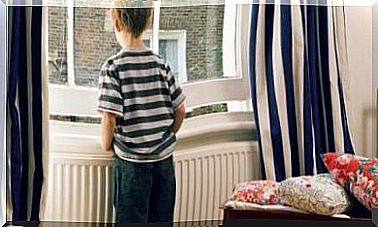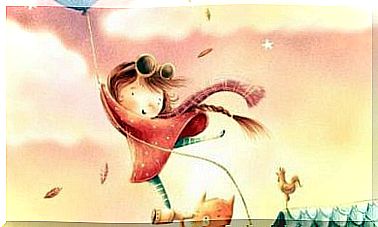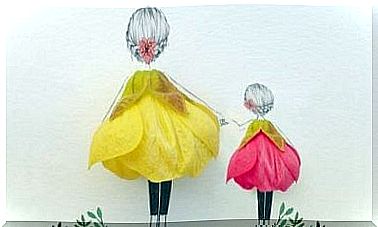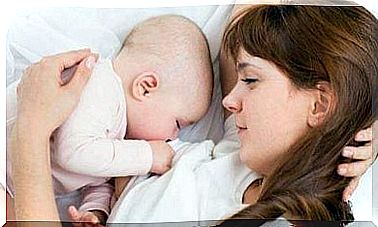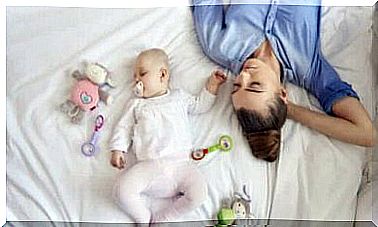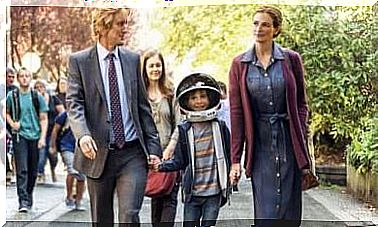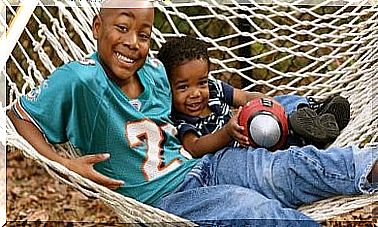Becoming A Parent Can Change Your Brain

Having a child and becoming a parent changes your life. They renew our hopes, intensify our illusions, and multiply our ability to love by ten. But did you know that having a baby changes parents’ brains in a spectacular way?
If there is one thing we are used to hearing and reading, it is that having a child will change a woman’s life. The first changes occur during pregnancy with the explosion of hormones. Then physical changes occur, and eventually the early bond is formed with the little one growing inside you.
In the same way, during breastfeeding – even when giving a bottle – this bond is created between mother and child. The brain under the influence of a stream of oxytocin intensifies the union between her and her child even more. But what about Dad? Is he on the sidelines of all this magic?
It is high time that we include fathers in the essential upbringing of our little ones. The idea that “fathers only help” and that they should be limited to doing so should be scrapped. Fathers not only help. They are present and cover a vital area. In addition, he also experiences certain changes in his brain chemistry. These changes must be known.
Fathers, the closer the better
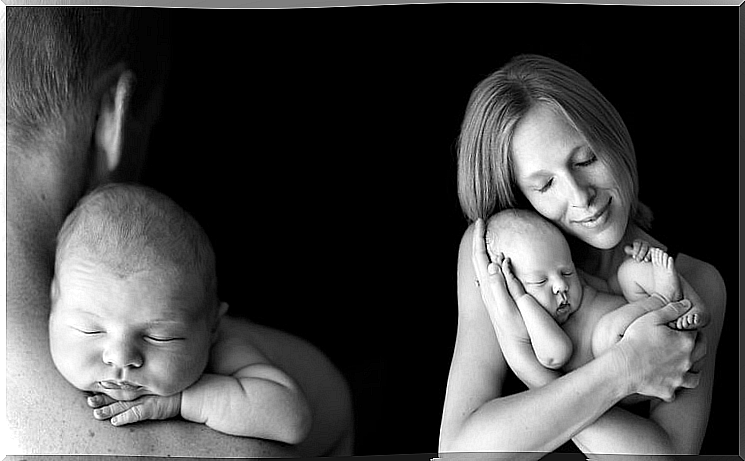
When it comes to fathers, the closer the better. They should always be next to the mother and they should also enjoy their skin for skin contact with their child. They should also have their nap and bath with the baby.
The main point of this closeness is to strengthen the bonds with your children. According to an article published in ” Hormones and Behaviors ” , the more time they spend with their partner and children , the more oxytocin is released in fathers’ brains. Just seeing a picture of their children is enough to create that reaction right away.
Becoming a parent: It’s true, fathers excrete oxytocin just like mothers
As we all know, oxytocin is the key to motherhood. It stimulates breastfeeding and intensifies the need for love, care and attention of mothers towards their children. This is something we already knew and have heard repeated over and over again.
However, keep in mind this important fact: Fathers release the same amount of oxytocin when they are with their babies as mothers do.
“Isn’t it wonderful”
Fathers protect us and also read our feelings and needs
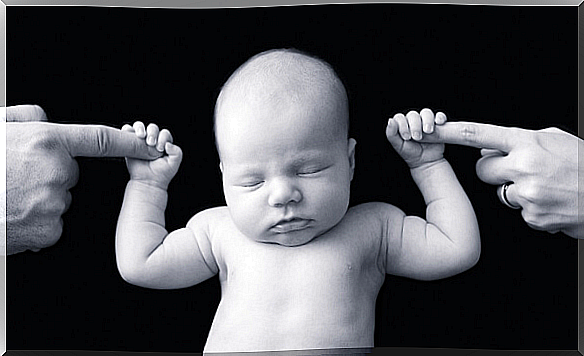
There is something that we are beginning to see more often in society: “Home-father”. These fathers choose to stay home to raise their children. In the same way, it is also clear that many fathers share almost the same workload and responsibilities as their partners. Some fathers even choose sole paternity upon adoption.
- We know that fathers come in many different types. But if there is one thing that needs to remain clear, it is that they have the same ability for love and upbringing. They create affective bonds with their children that are as strong as the mothers’.
- Given these new roles are. We have experienced a number of changes in our brains that help us raise our children with great efficiency.
- Researchers from Gonda University’s multidisciplinary brain research center in Israel have seen a significant increase in activity in the superior temporal sulcus in male brains. This means that men have a greater ability to read emotions, to identify their children’s needs and to understand their emotions. This inner world was once considered exclusively the specialty of mothers.
The downside of becoming a parent: 6 percent of men suffer from postpartum depression
Postpartum depression is not something that occurs exclusively in women. They are not pregnant and are not giving birth, but they may experience a drop in dopamine from feeling isolated or left out of the parenting process.
If they do not feel useful, if they do not feel closeness and do not play an active role in the upbringing of their children, they may also develop depression. This is important to consider next time before saying something like “fathers do not help”. They play a fundamental role as parents; they also love, raise, feed and take care of children.
Let’s take this into consideration and enjoy the wonderful miracle it is to have a child together.

